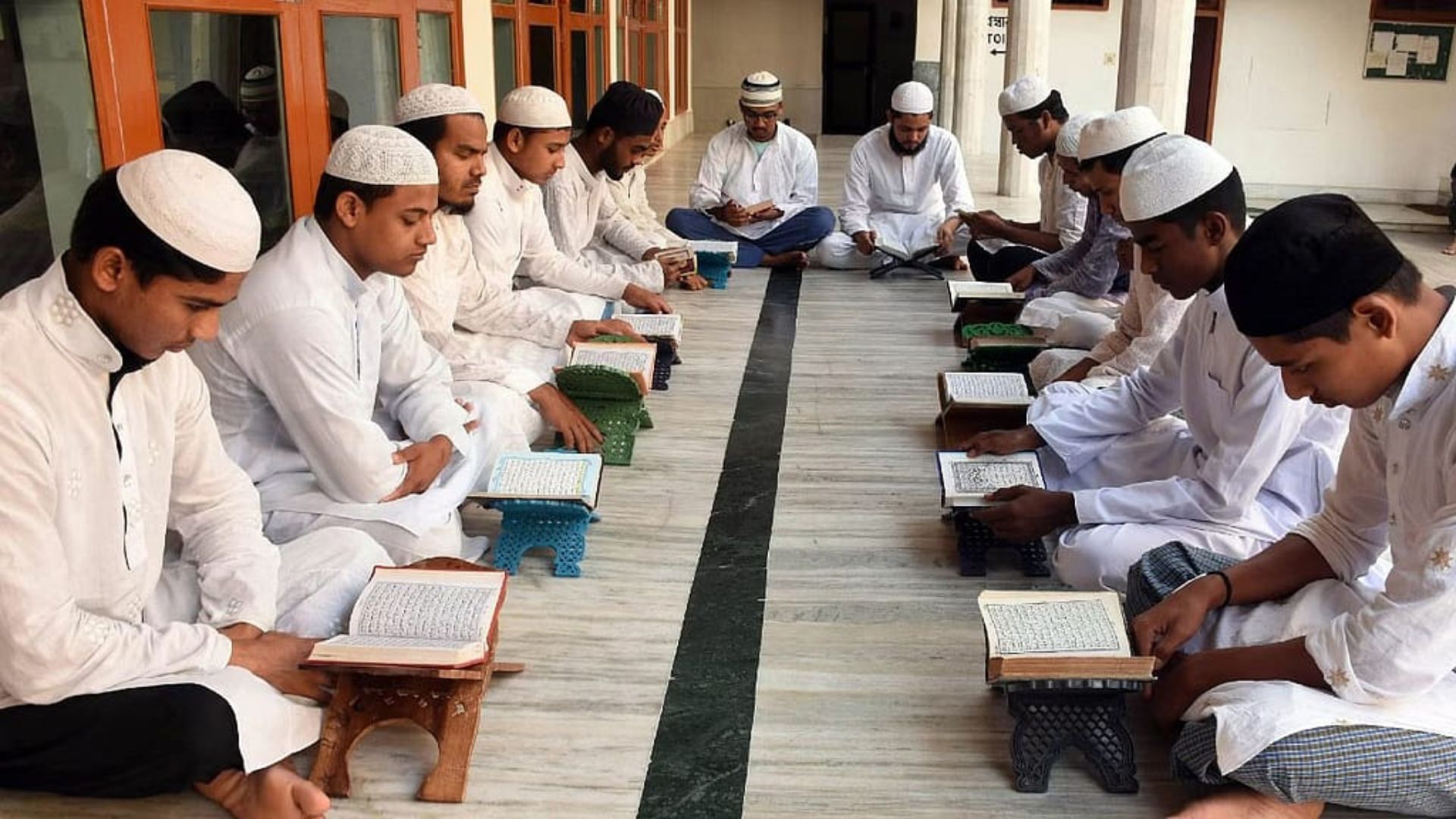\In a major relief for around 16,000 madrasas in Uttar Pradesh, the Supreme Court has upheld a 2004 state law governing their operations, overturning a previous ruling by the Allahabad High Court. The three-judge Supreme Court bench, led by Chief Justice of India DY Chandrachud, ruled that the law introduced to regulate madrasa education does not violate the Constitution’s secular principles.
High Court Judgment Struck Down
Earlier this year, the Allahabad High Court had declared the Uttar Pradesh Board of Madarsa Education Act, 2004, unconstitutional, suggesting that madrasas should integrate their students into the state’s formal education system. This judgment had raised concerns about the future of nearly 1.7 million madrasa students. However, the Supreme Court found that the high court had erred in its judgment by deeming the law unconstitutional solely on secular grounds.
Regulation on Education Quality, Not Day-to-Day Administration
The Supreme Court clarified that while the state can regulate educational standards within madrasas, this does not interfere with the institutions’ daily administration. “The Act is consistent with the state’s obligation to ensure children receive adequate education,” stated Chief Justice Chandrachud. The court emphasized that regulations focused on education quality are valid and not an infringement on the administration of madrasas.
The court did rule one aspect of the Act as unconstitutional: the sections that grant higher education degrees, such as Fazil and Kamil, were deemed inconsistent with University Grants Commission (UGC) regulations. The Chief Justice noted that while the law could not confer such degrees, it otherwise protects minority rights and supports the state’s role in ensuring students’ employability.
Addressing the high court’s decision, the Supreme Court bench noted that declaring the entire Act invalid due to a single unconstitutional provision was erroneous. “The high court failed to recognize the principle of severability,” the bench stated, explaining that the flawed portion did not justify striking down the entire Act.
The law, introduced by the Samajwadi Party government under Mulayam Singh Yadav, had recently been scrutinized as the Uttar Pradesh government, led by the BJP, initiated a survey into madrasas and their funding sources. Despite the controversies, the Uttar Pradesh government defended the madrasa law, emphasizing its alignment with India’s historical educational diversity and advocating for a balanced approach to integration.







